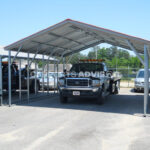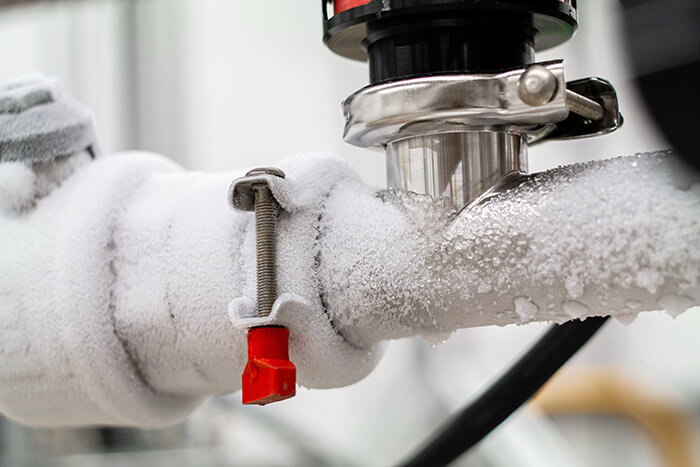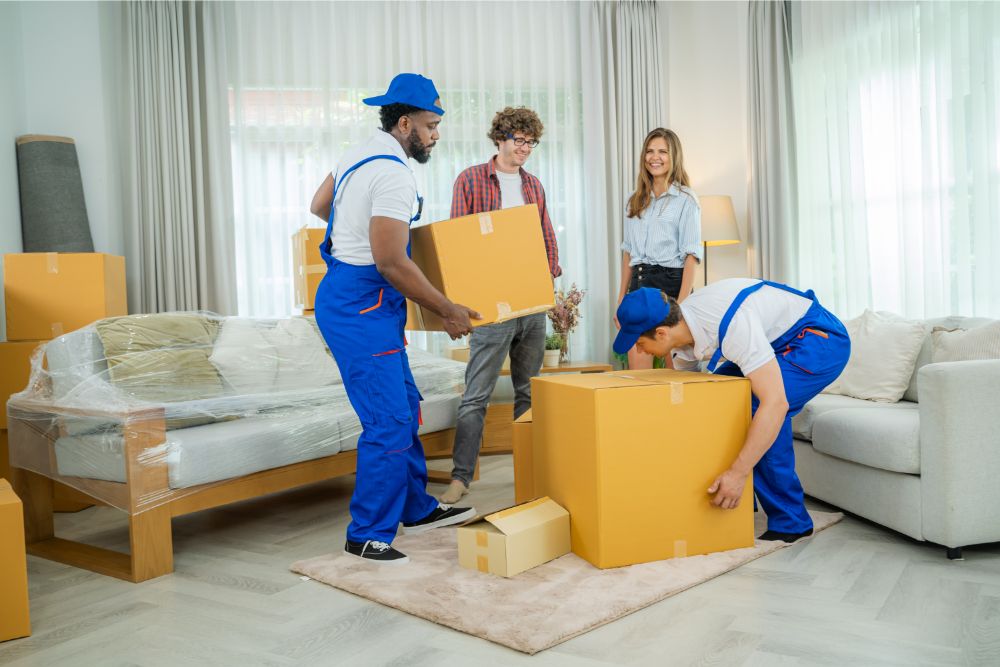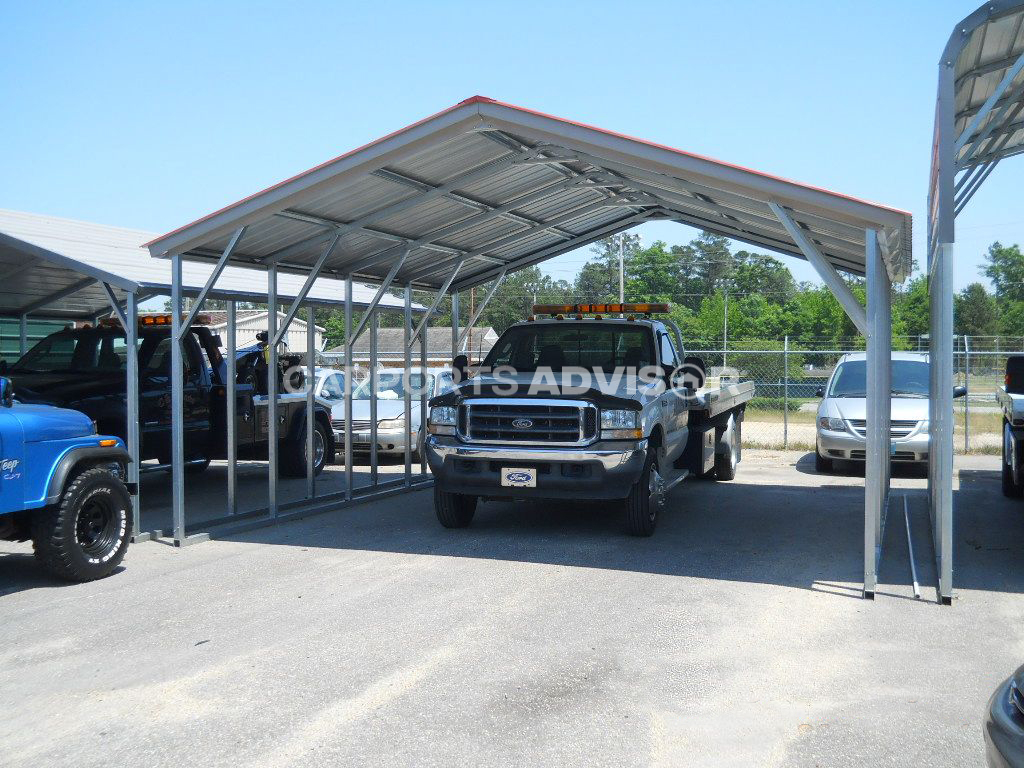Plumbing problems can be a nightmare, especially during the winter when the outside temperatures are dropping below freezing. Fortunately, there are a few simple steps you can take to keep your pipes from freezing this winter.
In this post, we’ll take a look at five of the most effective tips to keep your pipes from freezing this winter. Let’s jump in!
1. Insulate your pipes
It’s important to insulate your pipes to prevent them from freezing in the winter. Pipes that are exposed to the cold are at risk of freezing, which can cause them to burst. To insulate your pipes, you can use materials like foam pipe insulation or electrical tape. Make sure to seal any gaps or cracks in the insulation to prevent cold air from coming in.
2. Use a space heater
Space heaters are a great way to heat up a small area. They are relatively inexpensive and can be found at most hardware stores. Be sure to read the instructions carefully before using a space heater.
Some safety tips to keep in mind when using a space heater include: never leave the space heater unattended, keep flammable objects away from the space heater, and do not use extension cords with space heaters. Hire plumber in Stavanger (Rørleggervakten Stavanger), Norway for any plumbing related problems.
3. Keep your home warm
If you’re worried about your pipes freezing, one way to help prevent it is by cranking up the heat in your home. The warmer your home is, the less likely your pipes are to freeze. Of course, this isn’t the only thing you can do to help prevent frozen pipes.
Make sure to also insulate your pipes and keep them from coming into contact with any cold air. If you have any outdoor pipes, make sure to disconnect them and bring them inside. By taking these precautions, you can help ensure that your pipes are less likely to freeze.
There are a few things you can do to keep your home warm during the winter months. Make sure to seal any cracks or gaps around doors and windows to keep the warm air in and the cold air out. You can also add insulation to your walls and attic to help keep the heat in. And lastly, be sure to keep your furnace and chimney clean and in good working order.
4. Keep cabinet doors open.
It’s no secret that many home cooks rely on spices to give their dishes flavor. But what happens when you can’t find the spice you need because all your cabinet doors are closed? Suddenly, your meal is lacking that certain je ne sais quoi.
Keep cabinet doors open to save yourself the headache of searching for that one elusive spice. Not only will an open cabinet door make it easier to find what you’re looking for, but it will also help keep your spices fresh.
When spices are stored in a dark, moist environment, they can go bad quickly. Keeping your spices in an open cabinet will allow them to be exposed to air and light, both of which will help keep them fresh for longer. So next time you’re in the middle of cooking and realize you can’t find the cinnamon, take a moment to open all your cabinet doors. Your meal will thank you for it!
5. Let your faucets drip.
If you have faucets in your home that drip, it’s important to take measures to fix them. A dripping faucet can waste a lot of water over time, and it can also be a sign that there is a bigger problem with your plumbing. If you ignore a dripping faucet, it could lead to serious damage to your home.
There are a few different reasons why a faucet might drip. It could be because of a worn out washer, a loose packing nut, or a problem with the valve seat. If you’re not sure what the problem is, it’s best to call a plumber. They will be able to diagnose the problem and make the necessary repairs.
In the meantime, you can help prevent further water damage by letting your faucets drip. This will help relieve pressure on the pipes and hopefully stop the dripping. Just be sure to turn off the faucets when they’re not in use so that you’re not wasting water. If you have a dripping faucet, don’t ignore it. Call a plumber to come and take a look. In the meantime, you can help prevent further water damage by letting your faucets drip.
At Last
Running water is less likely to freeze than still water. So if you think your pipes might be in danger of freezing, let your faucets drip slightly.
Water that is in motion is less likely to freeze than water that is still. If you are concerned that your pipes may freeze, allow your faucets to drip slightly. This will help keep the water moving and prevent it from freezing.
So, now that you know the best ways to keep your pipes from freezing this winter, it’s time to think about your plumbing. Does your home need a winterized plumbing system? If so, we can recommend a plumbing company that can install a system for you. I hope this article has been helpful! If you have questions or would like more information about keeping your pipes from freezing this winter, please let me know in the comments below.











